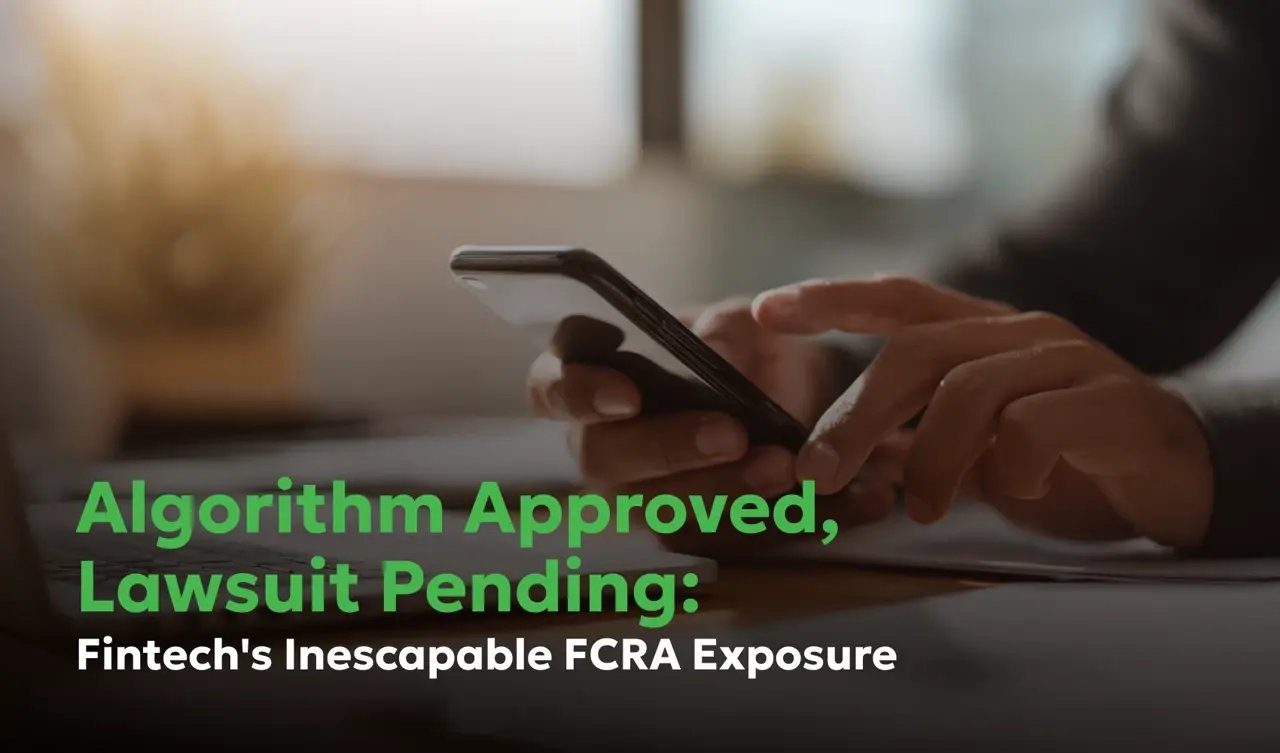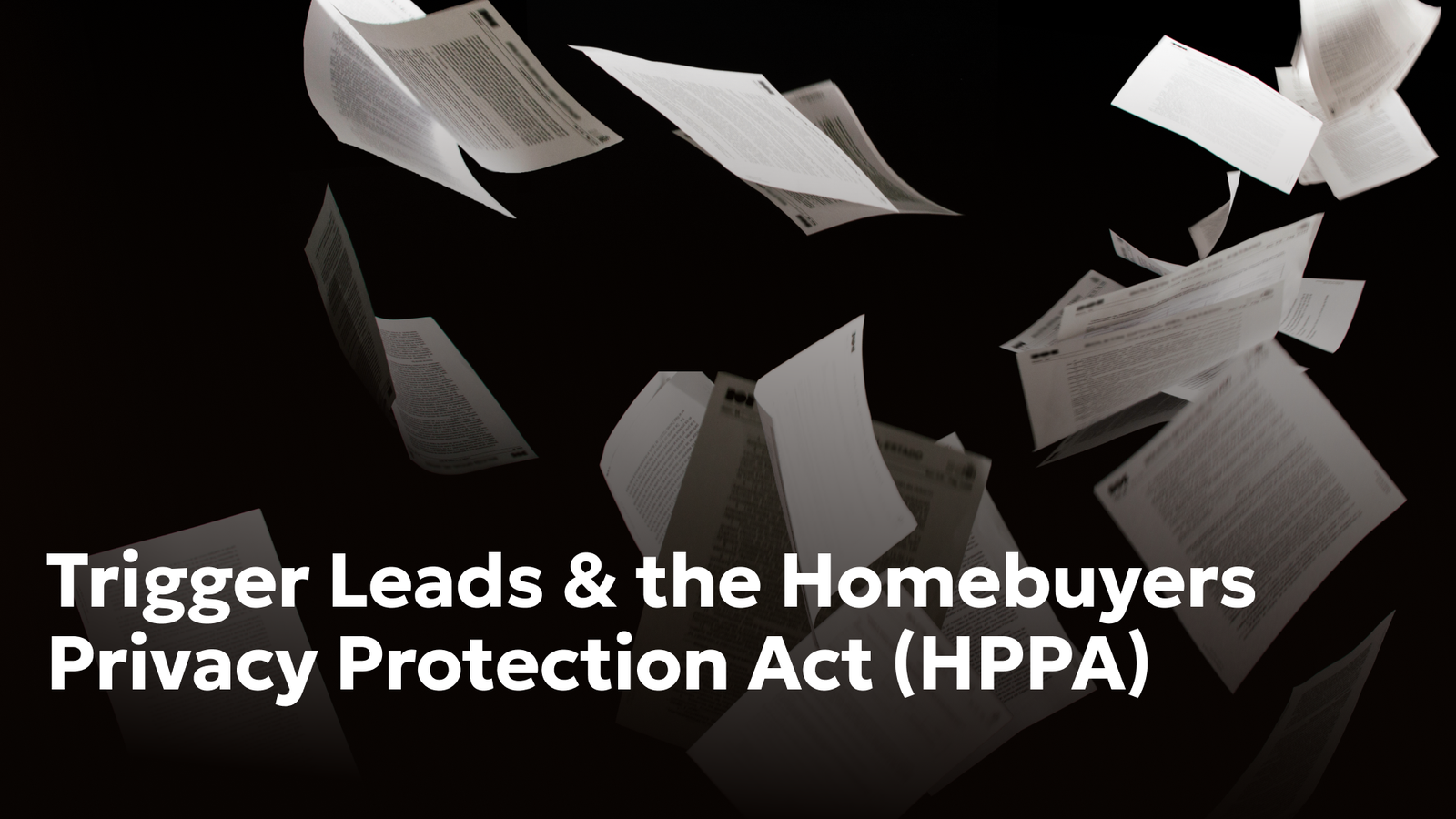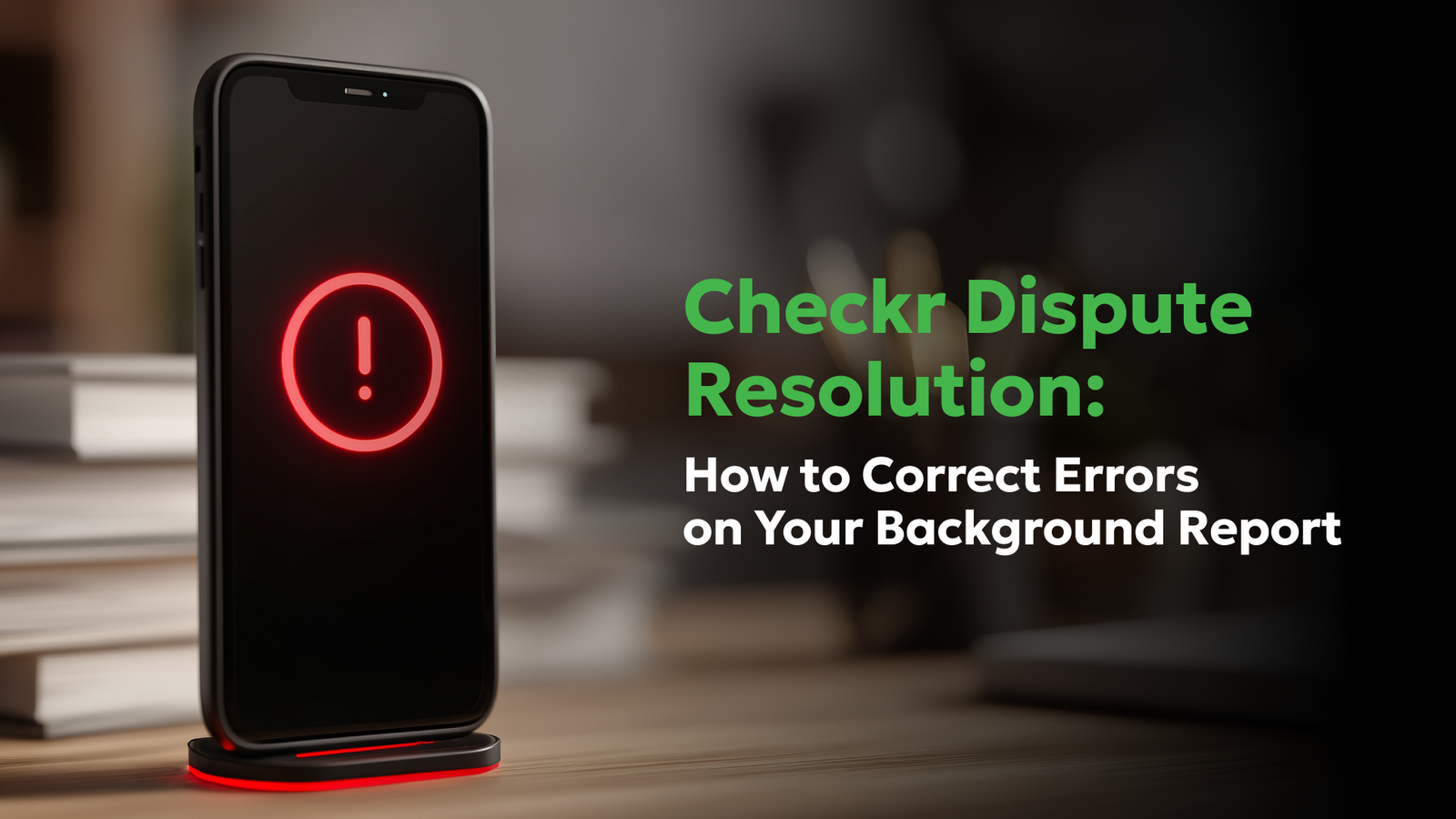Different FICO Scores
- Blog
- All about FCRA
Different FICO Scores

Get Clarity on FICO Scores with Consumer Attorneys!
Understanding FICO scores can be complex, but Consumer Attorneys breaks it down for you. Learn about different FICO score versions and how they impact your credit, and get advice on improving your score. Check out our article to learn how you can take charge of your credit journey today! re are multiple kinds of FICO scores.
What are the different FICO scores? When it comes to FICO scores, consumers may encounter various versions tailored for specific lending decisions. For instance, FICO scores designed for mortgage applications may weigh factors differently than those used for credit card approvals or auto loans. Understanding FICO score nuances can empower individuals to track and improve their credit health strategically. Being aware of how different types of FICO scores impact creditworthiness can lead to more financial opportunities and favorable loan terms.
Additionally, some versions of FICO scores are industry-specific, such as those tailored for the auto industry. Knowing which FICO score models are relevant to specific financial decisions can guide consumers in maintaining optimal credit health. By staying informed, consumers can manage their credit profiles and pursue financial goals with confidence. Keep reading to gain insights into the FICO score types and how FICO score versions can be the difference between securing financing and being denied.
Counting the Number of FICO Score Versions
How many FICO scores are there? Great question! There are arguably over two dozen FICO score versions available—that’s right, over twenty or more versions! With so many options to choose from, it can get confusing determining which FICO score is most relevant to review. Consumer law attorneys can answer your questions regarding credit scores and errors you would like to dispute.
Commonly Used FICO Score Versions
Base FICO scores usually range from 300 to 800. The most commonly used FICO score versions include the following:
- FICO score 8. The FICO Score 8 is a widely used version even though it’s not the first. The FICO 8 score is typically used by creditors to determine eligibility for financing, loans, credit cards, and etc.!
- FICO score 9. In addition to FICO score 8, FICO scores 9 and 10 are also used when determining creditworthiness. Most auto lenders use FICO scores 8 or 9.
- FICO score 10. Some mortgage lenders use FICO score 10.
As you can see, the FICO score that will be used to determine your creditworthiness is often industry-specific. If you want to make a new purchase, you can speak with the lender prior to applying for credit and simply ask them what FICO scoring model they use. This question, along with “Which credit score do you pull?” is a common question that lenders are used to answering. For instance, if you want to purchase a new car, you can ask the auto dealer which bureau they will pull your credit from and which FICO score they use to determine financing. Many lenders will be transparent with you prior to accepting your application.
If you applied for credit or financing and were denied due to credit report errors, you should contact an experienced credit reporting attorney to help you work through the situation.
Recently Launched FICO Score Variations
Newer FICO score versions like FICO Score 9 and 10 have emerged, highlighting changes that aim to capture a more holistic view of consumer credit behaviors. As stated above, FICO scores 8 and 9 are usually the most used. But FICO 10 scores are used by some mortgage lenders to determine creditworthiness for mortgage loans. FICO 10 will look at consumers’ account balances over a 2-year period and is said to widen the gap between those with really good credit and poor credit. This gap could cause as much as a 20-point difference in some scores.
FICO Scores Tailored for Credit Card Evaluations
FICO Bankcard Score 8 has its own characteristics for credit card lending decisions and personal loans. Credit card companies that utilize the FICO 8 score tend to do so because of factors like credit utilization and late payments that are taken into consideration when computing the FICO 8 score.
For a good Bankcard Score 8, the credit utilization ratio should be kept on the lower side while applying for credit cards. This is the ratio that shows the comparison between your credit card balance and the credit limit. Keeping balances below the credit limits and paying on time helps to preserve your credit score. Bankcard Score 8 can be significantly impacted by late payments. Therefore, it’s crucial to pay credit card bills on time each month because it helps to improve your creditworthiness over time.
FICO Scores Designed for Mortgage Approvals
FICO has a score that is designed for mortgage lending decisions. Credit-related scores most commonly used for mortgage loans include:
- FICO 2. This score is one of the versions utilized for mortgage lending underwriting with data from Experian being the basis of lender decisions.
- FICO 4. Score 4 is another version used in mortgage underwriting with data from TransUnion being used in credit decisions.
- FICO 5. This score helps lenders determine if they should offer a mortgage loan to borrowers based on information that is analyzed from Equifax.
- FICO 10. This FICO score is not used as frequently as the other three scores, but it can still be used to determine if a lender will offer a mortgage loan to potential borrowers.
If you want to purchase a home, you can choose between applying for an FHA or conventional mortgage loans. When you've decided that you will choose one route over the other, you can then decide which lenders would look at your FICO scores to assess the mortgage approvals.
Having a good credit score is key to being approved for a mortgage. For many lenders, FICO scores are usually the first thing they check to evaluate your credit risk as a borrower. Factors that influence your FICO scores for mortgage lending decisions include your payment history, credit utilization, length of credit history, and number of inquiries for new credit. Knowing these factors and keeping your accounts up to date and paid on time can help increase your chances of being offered a mortgage at a favorable interest rate.
FICO Scores Aligned with Auto Loan Determinations
FICO issues an auto score dedicated to auto financing decisions. The scores most widely used by auto dealerships include FICO scores 8 and 9.
When applying for an auto loan, your credit score is one of the most important factors that influences the interest rate you will receive. Many auto lenders utilize FICO auto scores to evaluate if your credit is at risk, mostly focusing on your payment history and details of your credit report that will be useful to auto financing. For instance, if you have another auto loan that defaulted in the last few years or you did not pay your car notes on time, lenders may see your credit as being “at risk” and may either deny you an auto loan or give you a less favorable interest rate.
Understanding FICO Score Calculations
The actual formulas for calculating FICO scores are typically not disclosed. However, overall, the three credit bureaus supply FICO with a summary of each consumer's credit report details, which FICO then assesses using predictive analytics in order to make its decision. Usual parameters, such as credit history, payment records, duration of credit history, and new credit applications, compute the odds of default risk over defined periods of time.
Credit utilization, which is the percentage of credit you use compared to the total available credit you have, is one of the most significant factors affecting your FICO score. Maintaining relatively low credit card balances in comparison to your credit limit will increase your credit rating. Moreover, your payment history will also be taken into account. A habit of timely payments, helps to prove to lenders that you are an honest debtor and can increase your credit score in the long run.
The length of your credit history will also be taken into account. If you have a long and robust credit history it may signal to credit bureaus that you have experience with managing credit over extended periods of time and will likely have a positive impact on your FICO rating.
Choosing the Right FICO Score to Monitor
Consumers aiming to track their credit scores need to determine what lending decisions they anticipate so they can focus on monitoring the most applicable FICO score version. People planning to buy a house soon should check their mortgage-specific FICO scores for example, while those wanting to open new credit cards would be better off checking their FICO bankcard scores. Knowing which FICO scores to monitor and which ones lenders will access to determine whether or not to extend credit to you, is critical.
Call Us If You Have Questions About Your FICO Score!
Contact our team if you need help determining which FICO score version best fits your situation. We can explain the nuanced differences between your scores and provide guidance tailored to your specific credit goals. You can reach us in several ways. Call us at 1-877-615-1725, email us info@consumerattorneys.com, or reach out to us 24/7 through our LIVE chat feature on our website.
Frequently Asked Questions
FICO score versions are updated periodically to align with evolving credit practices and consumer behaviors. Major updates to scoring models may coincide with shifts in lending regulations or significant changes in economic conditions. Minor adjustments or enhancements to FICO scores can occur more frequently, depending on industry needs and technological advancements. Staying updated on these changes is crucial for consumers to understand how their creditworthiness is evaluated by lenders and to take proactive steps to maintain or improve their credit profiles. Regularly monitoring credit reports helps ensure accuracy and enables informed financial decision-making.
The most recent versions of FICO mainly used by mortgage lenders in credit scoring are FICO Scores 2, 4 and 5. These versions form part of a suite of products and are led by credit bureau data from Equifax, Experian, and TransUnion. Credit users should know those various models of FICO scores when they are about to take out a mortgage and clearly identify the credit behaviors and history that predict their eligibility and terms on mortgage loans. The revised FICO Score version 10 is applicable for mortgage lending decisions, but the implementation of the latter may vary from one lender to another.
FICO score versions vary, with some focused on specific lending decisions. Also, the information reported to different credit bureaus may differ slightly. So, your FICO score can vary somewhat between platforms, even when using the same score version. Generally, significant differences indicate outdated information at some bureaus. If you believe there are errors contained in your scores, you have a right to investigate the situation and seek help from skilled consumer reporting attorneys who have helped clients answer hard questions and also helped with the dispute process, getting a settlement, and filing a lawsuit against the major credit bureaus when necessary.
The rate at which a FICO score can rise is affected by many factors, including credit history, current debt utilization, and timely payments. Steps as simple as paying bills on time or bringing down credit card debt can result in improvements on your credit score in a matter of a few weeks. However, these substantial changes, depending on the severity of negative events, ranging from a few missed payments to complete defaults, may take from a couple of months to more than a year. Consistent good credit behaviors plus fixing errors that can occur on credit reports are key to accelerating score improvements over time.
FICO Score 8 is the most commonly used score and is trusted by many lenders because it is argued to have the largest data set to indicate consumer credit behaviors. Other lenders may also use FICO Score 9 or FICO Score 10. However, overall, FICO 8 serves as a standard score for consumers because of its wide reach and thorough analysis of creditworthiness factors. Being clear about the differences in FICO score versions can provide you with the ability to maintain control of your credit health. The information we’ve included is general in nature, and we can answer more specific questions regarding your situation when you contact us. We look forward to speaking with you!


Daniel Cohen is the Founder of Consumer Attorneys. Daniel manages the firm’s branding, marketing, client intake and business development efforts. Since 2017, he is a member of the National Association of Consumer Advocates and the National Consumer Law Center. Mr. Cohen is a nationally-recognized practitioner of consumer protection law. He has a we... Read more
Related Articles




R
ONGS™You pay nothing. The law makes them pay.







